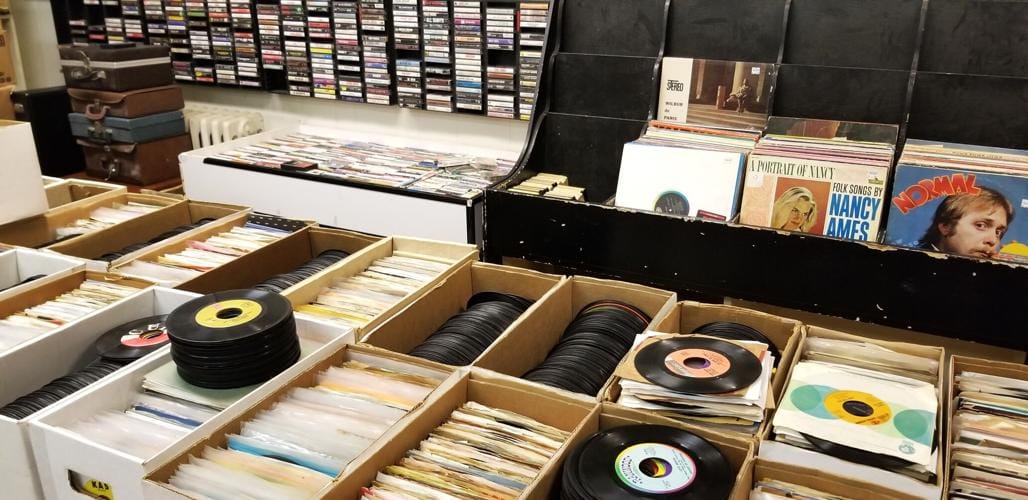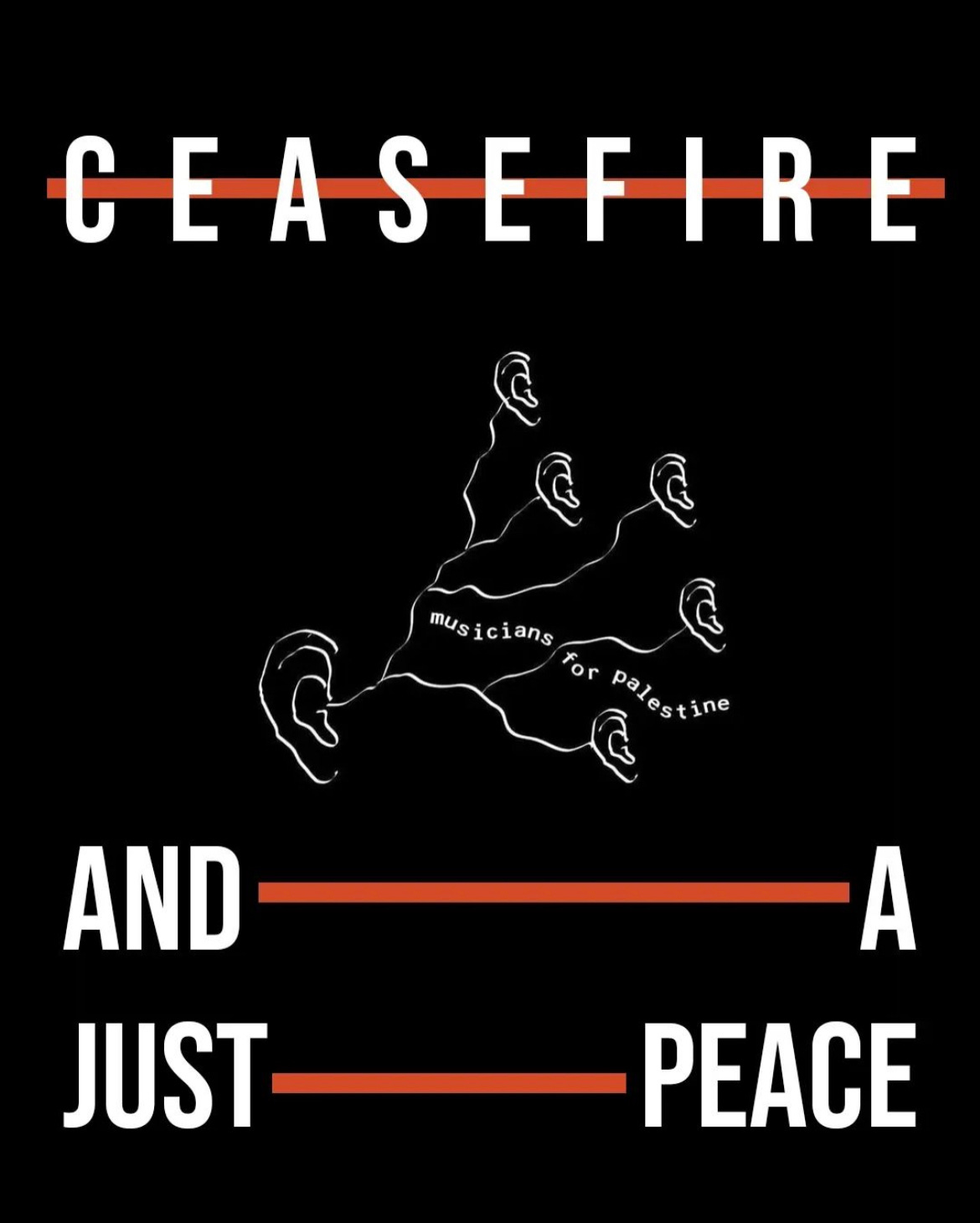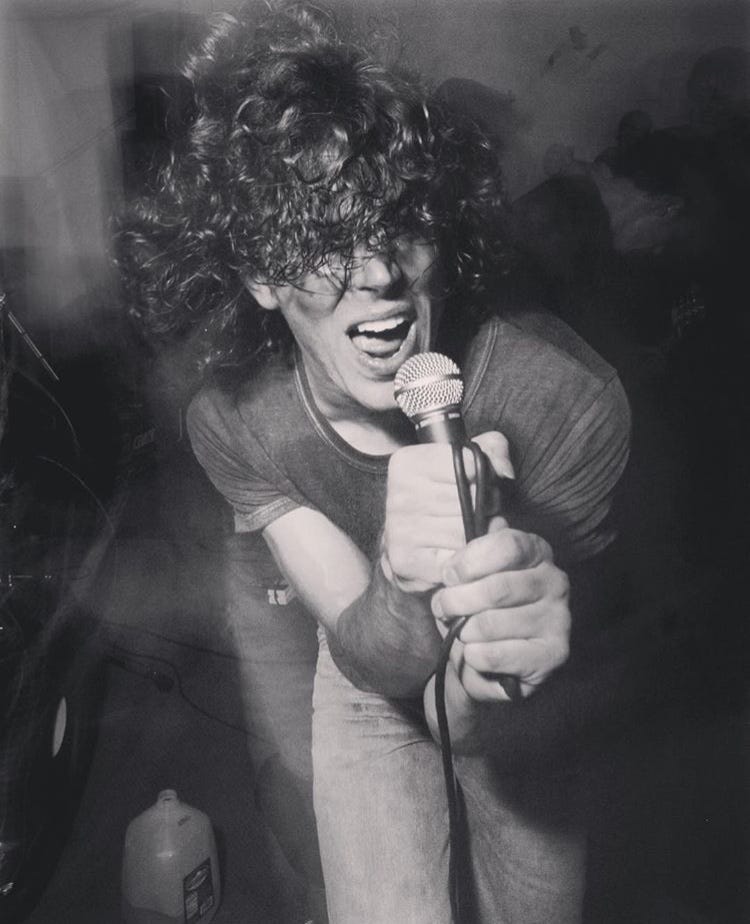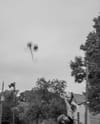Won't See Another One
For Shane MacGowan

On November 30th, after a long struggle in hospital, the only Shane MacGowan left this world—Och, orro, orro, ollalu. All told, MacGowan was one of the great proletarian poets of the punk era and beyond; sourcing precedent for the class contempt of eighties counterculture in the rebel song of centuries past, and heroizing boozy every-men by the same stroke as he resuscitated fixtures of Irish history and myth. Eventually, this would include himself—for the singer’s own persona seemed to emanate from and authenticate the underworld that he depicted, from the coarse grain of his voice and lived-in mien to the struggles with drugs and alcohol that limited his performing life.

MacGowan grew into this dishevelled role, to the extent that his early critics accused him of playing a character or pandering to popular stereotypes. But he was clearly at home amid his materials, where the Pogues’ tales of debauchery and redemption blend a broad supply of folk music, from train songs of the 1850s to settings of lyrics by Ewan MacColl and Brendan Behan. Above all else, MacGowan excelled at the ageless oral tradition of the yarn, and his densely peopled lyrics dignified the exploits of those pre-judged on earth and under heaven—a transmetropolitan lumpen chased about the city as an imperial node.
In this respect, the Pogues belong to “the dear old streets of King’s Cross” as soon as to an economically dispersed, though culturally consolidating, Ireland. As MacGowan explained in 1986, “you don’t have to be Irish to know Irish music if you live in London.” And nevertheless, these urban shanties broadcast the indomitable pride of a downtrodden people—as if James Clarence Mangan had come back to accuse the Thatcher era, in which we still live today. In a nationalist allegory from his solo debut, MacGowan summons Mangan and the antique figure of a snake with eyes of garnet:
This snake cannot be captured
This snake cannot be tied
This snake cannot be tortured
Or hung, or crucified
It came down through the ages
It belongs to you and me
So pass it on, and pass it on '
Til all mankind is free
The molten snake is yet another figure of the “good sharp axe” that MacGowan wields in earlier song, “tempered in the fire” of anti-colonial zeal. While the Pogues (and Popes) were seldom so expressly militant, these themes resound throughout their music—protecting against its assimilation to a master culture as kitsch. It’s a risk, where the Pogues flirt with creative anachronism from the first; but the concept proves itself across the years and ages, where the raucous sociality of these songs stages an inhabitable world, full of familiars, joys and sorrows.
MacGowan’s departure feels like both a loss and an ascension; something unbelievable and distantly foreseen, where he had penned so many canny epitaphs for others, and his own. For all the woundings he endured, it’s harder to believe that Shane MacGowan could be gone—but never quite where his immortalising lyrics join a canon older than the empire they’re sure to outlive.
We walked him to the station in the rain
And we kissed him as we put him on the train
And we sang him a song of times long gone
Though we knew that we'd be seeing him again

A Double Decker Records Respecter
Last week, while nearly everyone was busy publicizing their ‘Spotify Wrapped’ playlists, one of the greatest record stores in the United States closed its doors for good. For more than twenty-five years, Double Decker Records held it down in Allentown, Pennsylvania, where their shop on St. John’s Street was a highlight of any vacation to the east coast, and a potentially serious tour expense.

To my mind, Allentown has long been a weird punk mecca. One of the best shows that Under Pressure played was at Jan’s Room, while we were on the road with Californian creepy crawlers Dry Rot in 2007. Middle America played first, throttling their equipment and clearing the room within ten minutes; a year or so later I helped to release their first seven-inch which I still find underrated. The Dry Rot performance has since become the stuff of legend among those in the know, the most upsetting gig of an unsettling tour. The singer, Drew, doused himself in bleach mid-set and the whole room watched in slow realization as his jeans changed colour before our eyes, soon to be burning. I remember following him to the bathroom as he struggled out of his clothing, with severe chemical burns around his waistline. A few days later, Dry Rot cancelled the rest of their tour due to stress and injury, but anybody who saw one of those shows remembers. Allentown was kind to Under Pressure, and Born Bad stopped there too during my brief stint in the band—I can’t recall who all played, Cult Ritual maybe, but Middle America for sure, continuing a healthy Winnipeg-Allentown exchange.

But many of my fondest memories of hanging out in Allentown precede the gigs—rolling into town and heading straight to Double Decker; walking in and not knowing where to begin; ogling astonishing wares on the wall, a constantly refreshing pièce de résistance; and digging through thousands of unmusty and coveted singles. Double Decker’s bins were a place of discovery, which is increasingly rare where online listings have effectively flattened demand and intensified competition, such that stores across the continent charge near-identical collector’s prices, regional interest be damned. In some respects, this grows access to killer music; but mostly it escalates prices and turns record shops into informally franchised showrooms for only several platforms. As always, these developments are ambivalent—most brick and mortars survive by online sales. But this situation has fucked up the browseability of even great stores.
In light of these trends, the sheer yield of Double Decker was incredible—I never left the place without some grail or other. Hard bop or hardcore, every visit was the perfect balance of sheer chance and conjuration. Days after a conversation in Chicago about the crucial Life Sentence LP it was waiting there for us, with other theretofore unseen punk gems, some mint Hank Mobley, and a seriously uneven collection of Christian psychedelia that seemed appropriate to sample in light of our time with Dry Rot and the rumours that pursued them in a godless scene. It was one good haul among many, but mere enumeration can’t do justice to the pleasure of uncovering the classics with your measly band. I only wish I’d had another chance to do so in the Lehigh Valley. While it lasted, there was nowhere better to deplete your travel funds than Double Decker—all gratitude to everyone who kept it going for so long.
Listen to RADIO STATE - Dec. 4 2023
